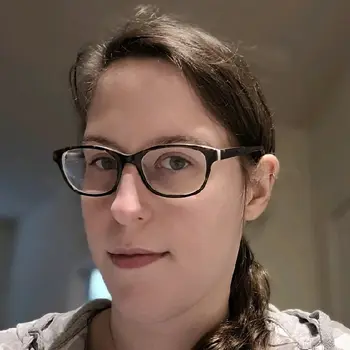Course overview
This course builds upon the fundamentals of Python taught in Introduction to Python. You’ll learn to repeat a process using “for loops”; how to use conditional statements such as if, else, and elif; how to employ logical operators and comparison operators. You’ll also learn how to create Python dictionaries, which are important data structures in Python that help gather elements for identification using a key. Finally, you’ll build frequency tables, which help to display the frequencies of different categories (particularly useful for understanding the distribution of values in a dataset).
Best of all, you’ll learn by doing – you’ll practice and get feedback directly in the browser. You’ll apply your skills to several guided projects involving realistic business scenarios to build your portfolio and prepare for your next interview.
Key skills
- Repeating a process using a for loop
- Employing if, else, and elif statements
- Employing logical operators and comparison operators
- Creating Python dictionaries
- Building frequency tables
Course outline
Basic Operators and Data Structures in Python [5 lessons]
Python For Loops 2h
Lesson Objectives- Structure a for loop
- Open a dataset using Python
- Repeat a process using a for loop
- Analyze data using a for loop
Python If, Else, Elif Statements 1h
Lesson Objectives- Employ if, else, and elif statements
- Employ logical operators
- Employ comparison operators
Python If, Else, Elif Statements: Multiple Conditions 2h
Lesson Objectives- Employ if, else, and elif statements
- Employ logical operators
- Employ comparison operators
- Employ multiple conditional statements
Python Dictionaries 1h
Lesson Objectives- Create dictionaries
- Index dictionaries
- Define key-value pairs
Python Dictionaries and Frequency Tables 2h
Lesson Objectives- Update dictionary values
- Check for values in a dictionary
- Count with dictionaries
- Loop over dictionaries
The Dataquest guarantee
Dataquest has helped thousands of people start new careers in data. If you put in the work and follow our path, you’ll master data skills and grow your career.
We believe so strongly in our paths that we offer a full satisfaction guarantee. If you complete a career path on Dataquest and aren’t satisfied with your outcome, we’ll give you a refund.
Master skills faster with Dataquest
Go from zero to job-ready
Learn exactly what you need to achieve your goal. Don’t waste time on unrelated lessons.
Build your project portfolio
Build confidence with our in-depth projects, and show off your data skills.
Challenge yourself with exercises
Work with real data from day one with interactive lessons and hands-on exercises.
Showcase your path certification
Share the evidence of your hard work with your network and potential employers.
Grow your career with
Dataquest.



